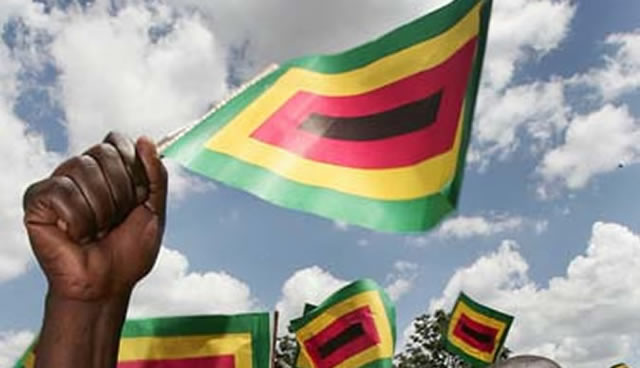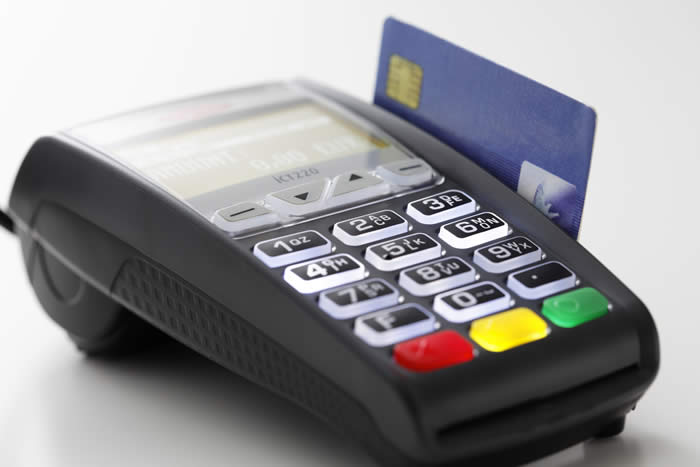Regional troops enter Gambia to force Jammeh out of power


Gambians celebrate as the motorcade of the newly sworn in president leaves their embassy in Dakar on Thursday
Dakar — A West African regional force charged into neighbouring Gambia late on Thursday to support the country’s newly inaugurated president, while Yahya Jammeh showed no sign of stepping down.
The troops moved in shortly after Adama Barrow was inaugurated at Gambia’s embassy in neighbouring Senegal, after a final effort at diplomatic talks with Jammeh failed to secure his departure. His mandate expired at midnight.
Senegalese military spokesperson Colonel Abdoul Ndiaye confirmed that the first regional troops had crossed into Gambia and were on their way to the capital, Banjul. AP journalists saw at least 20 military vehicles gathered at the border town of Karang.
In his inaugural speech, which took place under heavy security, Barrow called on Jammeh to respect the will of the people and step aside. The new president also called on Gambia’s armed forces to remain in their barracks as the regional military intervention got under way.
Outside Gambia’s embassy in Dakar, Baal Jaabang held up a freshly framed portrait of Barrow, already printed with the words: “His Excellency Adama Barrow, President of the Republic of Gambia.”
“I’m extremely delighted, so wonderfully happy today,” he said. “But now the situation risks moving into fighting. No Gambian — in the diaspora or back home — wants our country to face fighting.”
Barrow had come to Senegal last week at the urging of West African mediators, who had feared for his safety amid the political crisis.
He arrived at the embassy to cheers of joy from hundreds of Gambians who had gathered, with national flags, for a glimpse of the new president.
“Our national flag will now fly high among the most democratic nations of the world,” Barrow said after the ceremony.
Barrow was declared the winner of the December 1 election and at first was congratulated by Jammeh in a phone call aired on state television. But once it was suggested that Jammeh could face criminal charges linked to human rights abuses during his long rule, he backtracked and challenged the vote in court, alleging irregularities. In recent days, Jammeh has tried to stay in power by declaring a state of emergency, while lawmakers voted to extend his mandate by three months.
Jammeh on Thursday remained at his official residence and intended to stay there, said an official close to the administration who was not authorised to speak to reporters. If the regional force is going to arrest Jammeh, it will have to be there, the official said.
Many of Jammeh’s loyalists will resist, the official added.
But there were signs that some in Gambia’s military might not put up a fight. One soldier with close knowledge of the situation said several barracks had indicated they would support Barrow. The soldiers spoke on condition of anonymity because they were not authorised to speak to reporters.
Gambia’s army is estimated at well below 5 000 troops.
Jammeh may try to cling to power for a few more days but he is becoming increasingly isolated, said Alex Vines, head of the Africa programme at Chatham House in London. “After the inauguration of Adama Barrow, the trickle of power flowing to him will become more of a flood,” Vines said. “Jammeh clearly believes leaving Gambia in a hurry is an option — his aircraft has been on standby at Banjul airport for two weeks,” he added.
African nations began stepping away from Jammeh. The African Union earlier announced that the continental body would no longer recognise Jammeh once his mandate expired.
Congratulations to Barrow began pouring in, including from British Foreign Secretary Boris Johnson, and the spokesperson for UN Secretary General Antonio Guterres said the UN chief in a phone call with Barrow expressed his “full support.”
Thousands have fled Gambia in recent days, including a number of former cabinet ministers who resigned.
But as news of Barrow’s inauguration spread, many people hugged and cheered, chanting “New Gambia, new Gambia!”
“It’s unbelievable! Today I can say anything. I am the happiest man on earth,” said Lamin Sama, a 35-year-old in Banjul. “For 22 years we couldn’t say anything, we were like slaves.”
Meanwhile, Gambia’s chief of defence forces pledged his allegiance to the country’s new president yesterday, a major shift as mediation continued to persuade Jammeh to cede power.
Ousmane Badjie said the country’s security services all support Barrow and said they would not fight a regional force that was poised to push out Jammeh if talks failed.
“You cannot push us to war for an issue we can solve politically,” Badjie said. “We don’t see any reason to fight.”
Without Gambia’s security forces and his Cabinet dissolved, Jammeh was increasingly isolated as the last-minute talks continued at his official residence in the capital, Banjul, with the leaders of Guinea and Mauritania.
Guinean President Alpha Conde arrived in Banjul with Mauritanian President Mohamed Ould Abdel Aziz.
Mauritania has been mentioned as a possible home in exile for Jammeh. After a first round of talks, they broke for Friday prayers and resumed.
Conde will offer Jammeh the chance to step down peacefully, de Souza said.
Jammeh “has the choice of going with President Alpha Conde,” he said, but if that fails, “we will bring him by force or by will.”
Jammeh began negotiations on Thursday with Ecowas and agreed to step down, but demanded amnesty for any crimes he may have committed during his 22 years in power and wanted to stay in Gambia, in his home village of Kanilai, de Souza said.
Those demands are not acceptable to Ecowas, he added.
Jammeh’s continued presence in Gambia would “create disturbances to public order and terrorist movements,” said de Souza. Ecowas wants Barrow to take power in Gambia without any security threats, said de Souza.
At a news conference in Nouakchott before leaving for Gambia, Abdel Aziz said he would “never understand” why Jammeh backed off from his initial pledge to accept defeat and step down, Mauritanian state media reported.
In his inaugural speech, which took place under heavy security, Barrow urged Jammeh to respect the will of the people and step aside.
He also called for Gambia’s armed forces to stay in their barracks. Some of Gambia’s diplomatic missions have begun switching their allegiance. “We embrace and support the new president Adama Barrow,” said Almamy Kassama, an official at the Gambian mission to the African Union in Addis Ababa, Ethiopia, in an email.
The US supported the regional force’s intervention and was in touch with officials in Senegal, said State Department spokesperson John Kirby, adding that he didn’t have tactical information, but “obviously, it’s very, very tense.”
— AFP










Comments